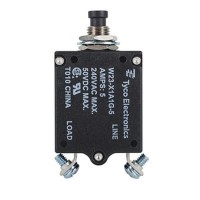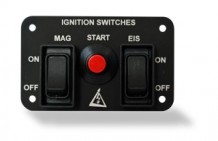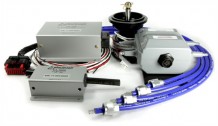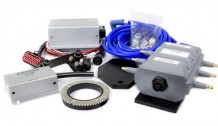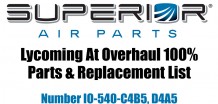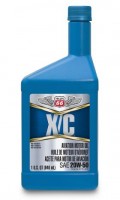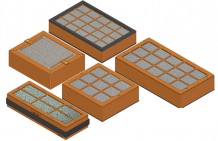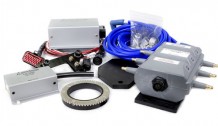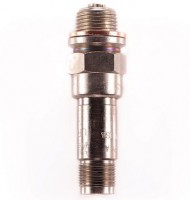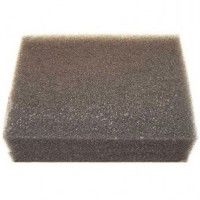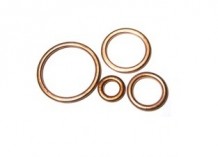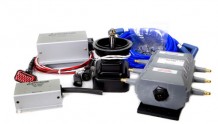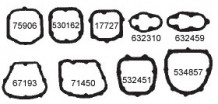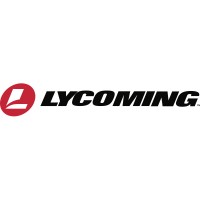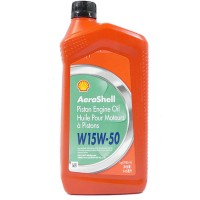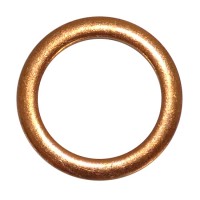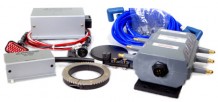THE AVIATION SUPERSTORE FOR ALL YOUR AIRCRAFT & PILOT NEEDS | 877-4-SPRUCE
Electroair EIS-61000-5M Lycoming / Continental 6 Cylinder Electronic Ignition Kit
$4550.00/Each
Part# 08-15630
MFR Model# EIS-61000-5M
MFR Model# EIS-61000-5M
Overview
|
The EIS-61000 Electronic Ignition Kit is a fully STC'd kit for Lycoming 540 series, non-turbo’d, series engines, installed on single engine aircraft. Replacing one magneto with the EIS-61000 will typically improve fuel economy on average by 10-15% (operators have reported consistent fuel savings of 1.5-2.0 gph or greater). Additionally, there will be an improvement in horsepower, smoother engine operation, easier hot starts and improved high altitude performance. The EIS-61000 adjusts spark timing automatically by way of our MAP Sensor - timing is adjusted with altitude. Most parts on the EIS-61000 are not life limited (reference the I.C.A. for recommended maintenance) - this combined with reduced spark plug fouling means lower maintenance costs. This kit can be used on either 12V or 24V systems. This kit uses a Mag Timing Housing (MTH) for firing the ignition system. The MTH unit directly replaces an impulse coupled magneto on the accessory pad. NOTE: Specify whether or not this is an O/IO-540 or AEIO-540 engine. Kit includes: all the required parts to replace one magneto. (Please refer to the eligibility schedule to verify the system can be installed on your engine - Note: aircraft and engines are being added regularly). |
WARNING: Cancer and Reproductive Harm - www.P65Warnings.ca.gov. |
Eligibility
- Lycoming TIO-540
- Lycoming TIO-541
- Lycoming TIGO-540
- Lycoming IO-580
- Lycoming AEIO-580
- Continental O-300
- Continental GO-300
- Continental E-165
- Continental E-185
- Continental E-225
Spark Plug Discussion
Spark Plug DiscussionThe installation manual specifies the recommended gap for the engine application. This gap will be larger than a typical aircraft plug gap because of the higher energy output from the EIS. This is perfectly acceptable with the EIS ignition charging method, since the high load of the cylinder pressure will allow the voltage to be quite high at the electrode; the gap will keep the plug from seeing an over-voltage situation.
The EIS system uses an inductive long duration charging method for the coils. Electroair’s experience has drawn us to the following guidelines for spark plug selection:
- Select aircraft spark plugs will work with the EIS. For Lycoming engines, Electroair has found that the REM37BY (or equivalent) plugs work the best because they are easier to gap to the range required and fit the broadest heat range recommended by the engine manufacturers. (Fine wire plugs are also an excellent choice for Lycoming engines). For Continental Engines requiring long reach spark plugs, off-the-shelf fine wire spark plugs will generally be the easiest to adjust the gap. Electroair strongly recommends verifying the heat range for the engine and using the appropriate plugs.
- Electroair manufactures aviation spark plugs that are gapped at the factory to Electroair’s recommended wide gap of 0.036 inches. Electroair manufactures both massive electrode and fine wire spark plugs for various applications. The spark plug information can be found on the Electroair website. Electroair spark plugs have been FAA approved for use with Electroair’s certified EIS-61000 ignition systems. These plugs are only approved for use with Electroair’s EIS. Electroair spark plugs should not be used with magnetos.
Q&A
Please note, Aircraft Spruce's personnel are not certified aircraft mechanics and can only provide general support and ideas, which should not be relied upon or implemented in lieu of consulting an A&P or other qualified technician. Aircraft Spruce assumes no responsibility or liability for any issue or problem which may arise from any repair, modification or other work done from this knowledge base. Any product eligibility information provided here is based on general application guides and we recommend always referring to your specific aircraft parts manual, the parts manufacturer or consulting with a qualified mechanic.


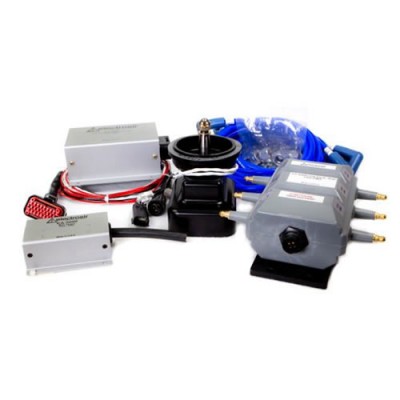





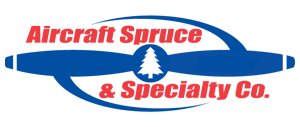 FREE Shipping
FREE Shipping
